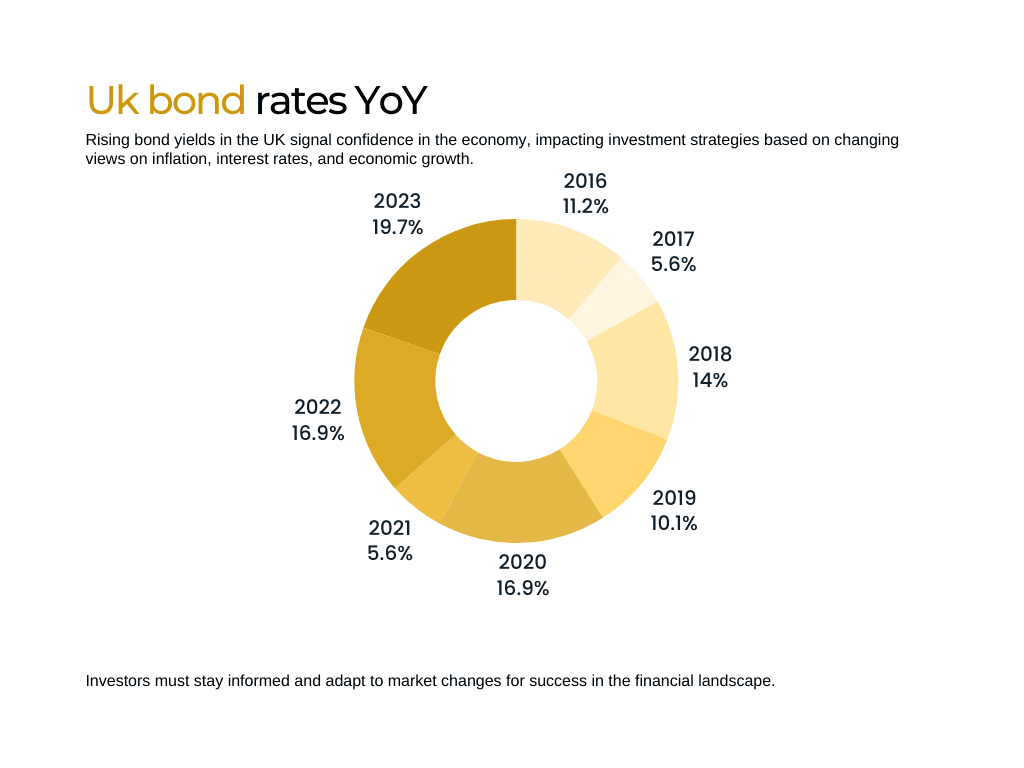Investment bonds placed within trust structures represent sophisticated wealth preservation strategies, particularly for inheritance tax planning. Through careful structuring, certain investments avoid taxation when distributed as gifts or estate components.
Understanding Financial Trusts
Financial trusts establish legal frameworks where trustees manage assets, including property bonds and investments, benefiting designated individuals. The settlor transfers chosen assets into the trust, with trustees assuming legal ownership and management responsibilities according to established terms.
Strategic Benefits of Bond Trusts
Investment bonds prove exceptionally effective within trust structures because they avoid classification as income-generating assets, even when underlying components produce passive returns. Loan trusts particularly appeal to individuals seeking inheritance tax planning whilst maintaining capital access.
Inheritance Tax Considerations
Standard inheritance tax applies at 40% on estate portions exceeding threshold limits. However, strategic trust placement can significantly reduce tax exposure. Estates can access reduced rates of 36% when allocating specified portions to registered charities.
Tax Relief Opportunities
Lifetime gifts may attract taxation post-death, though taper relief can reduce rates below 40% for appropriately timed transfers. Business Relief enables certain asset transfers without inheritance tax liability. Agricultural Relief might apply to farming or woodland assets.

Key Advantages
Trust-held investment bonds offer substantial benefits. Income tax typically applies only upon chargeable events, while trustees avoid annual income tax returns. Regular investor payments remain possible without immediate taxation through structured 5% withdrawals.
Tax Efficiency
Capital Gains Tax exemption allows fund switching within bonds without charges. Inheritance tax exit charges don’t apply when values remain below Nil Rate Band. Beneficiaries reaching age 21 trigger no tax implications, while non-income producing status removes distribution requirements at age 18.
Trustee Responsibilities
Trustees must safeguard bondholder interests, enforce covenants, and manage communications effectively. Their fiduciary duties encompass protecting rights, monitoring compliance, and facilitating information exchange between all parties.
Professional guidance proves essential when establishing trust arrangements. Our specialist team provides comprehensive support in structuring tax-efficient bond trusts aligned with your wealth preservation objectives.







